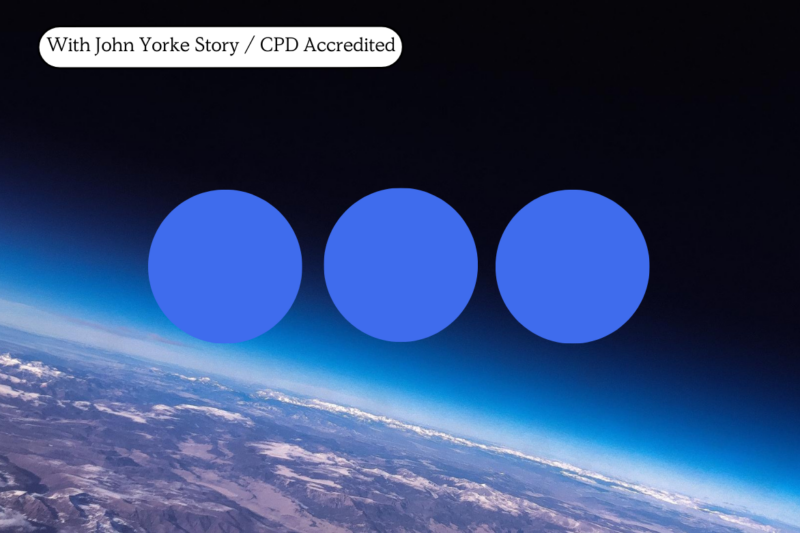Session 1: What is YA Fiction?
We’ll start with the basics of YA fiction, including concepts, themes, age ranges, word counts – and how to use your past as material while keeping things current. As a YA novelist, it’s important to understand the importance of cultural sensitivity and #ownvoices. By the end of the session you’ll have a back-cover blurb for your idea.
Live group webchat with your tutor.
Session 2: Drawing the Reader In
We’ll consider voice, viewpoint and what makes a strong opening. A close, vivid voice is key in YA fiction to help readers engage with your protagonist – we’ll explore at a series of successful YA openings, noting how the authors use immediacy, intimacy and humour to quickly hook readers into the story. You’ll write the first 1,000 words of your novel and have a one-to-one chat with your tutor.
One-to-one with your tutor on your novel idea.
Session 3: Casting Your Novel
Crafting a main character who teens can connect with is essential. We’ll break down the appeal of some classic YA protagonists and learn how to create sharply memorable characters. You’ll consider how many cast members your novel needs, what your protagonist wants – and why they can’t have it – and the importance of backstory. You’ll continue writing your novel with the next 1,000 words, and will submit the first 2,000 words of your novel for tutor feedback.
Live group webchat with your tutor.
Session 4: Constructing a Solid Story
YA fiction needs a solid structure: a definite problem or goal, and rising tension all the way. We’ll explore what story structure is and how it can give your story greater focus and drive. Expanding on the concept of ‘the hook’, we’ll look at how to incorporate that into every scene for un-putdownable fiction. You’ll start to develop your story’s structure by creating a rough story plan or three-act graph, and will continue onward with your novel with the next 1,000 words.
Podcast feedback from your tutor on your first 2,000 words.
Session 5: Bringing Your Scenes to Life: Dialogue and Description
These two textural elements bring life and immediacy to your scenes. We’ll consider how to craft natural-sounding dialogue that’s succinct and purposeful, and how much swearing is OK for YA. You’ll explore using description from your protagonist’s unique perspective. A section on worldbuilding is included for writers of speculative fiction. By the end of this session, you’ll have completed the first 4,000 words of your novel.
Live group webchat with your tutor.
Session 6: Driving the Story On
Now we’ll start playing with tempo and keeping the forward motion of your story going, including when to show and when to tell. We’ll consider practical techniques to speed or slow the story’s pace – such as the strategic use of language and backstory – helping to up the tension and keep YA readers turning the page. You’ll write the next 1,000 words of your novel, bringing you to 5,000 words in total.
Q&A forum to put your questions to your tutor.
Session 7: The World of YA Publishing
We’ll explore an overview of YA publishing: how to make your manuscript look professional, as well as what agents want and how to approach them. We’ll consider sample query letters and synopses, and discuss what to expect if you’re taken on by an agent or publisher – or should you self-publish? For practise, you’ll write your own query letter. By the end of this session, you’ll have completed the first 6,000 words of your novel.
Live Q&A webchat with an industry guest.
Session 8: Pulling it All Together
This final session lasts for four weeks and is quieter, to give you time to work on your final submission. You’ll write an additional 2-4,000 words of your novel for a total of 8-10,000 words, along with an updated beat sheet or three-act graph. At the end of the session you’ll submit this material for peer feedback.
At the end of the course, your tutor will provide feedback on your opening 8-10,000 words and three-act graph or story plan.
Final group webchat with your tutor during the last week of the course, to talk about next steps.








